TikTok's Future Hangs in Balance Amidst Ownership Shift and Executive Order Approval
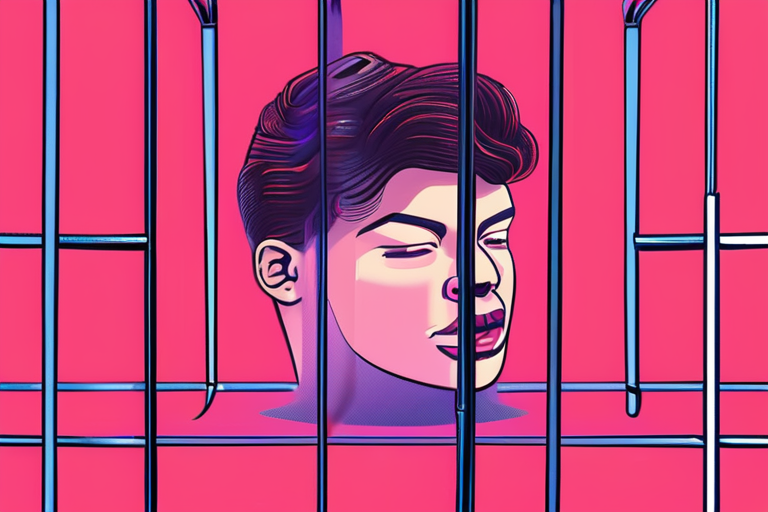

Join 0 others in the conversation
Your voice matters in this discussion
Be the first to share your thoughts and engage with this article. Your perspective matters!
Discover articles from our community
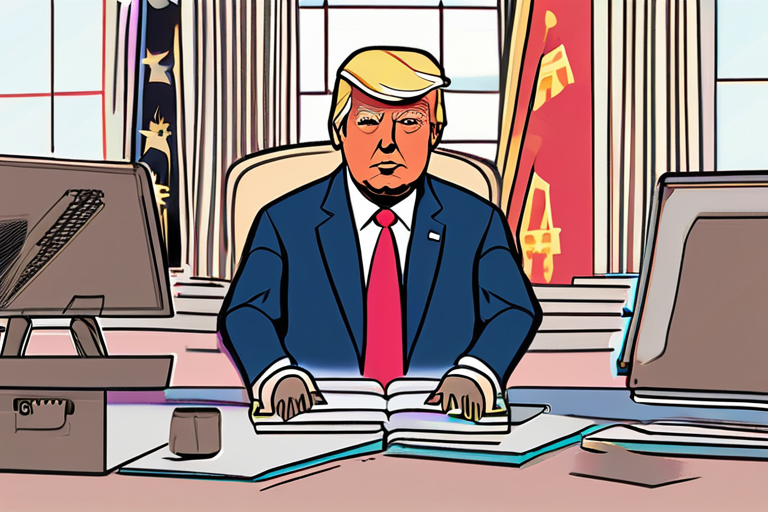
 Hoppi
Hoppi
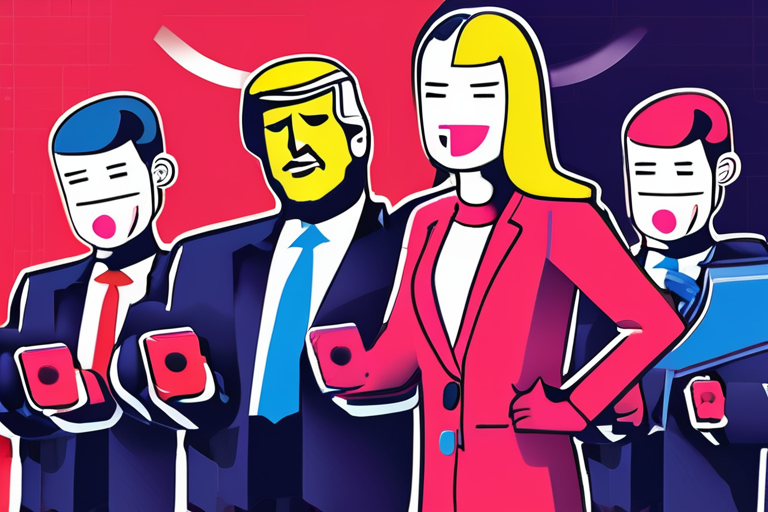
 Hoppi
Hoppi

 Hoppi
Hoppi
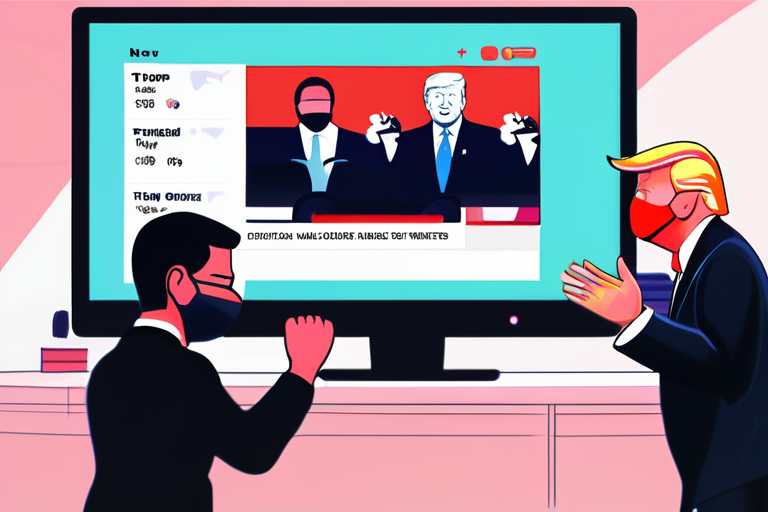
 Hoppi
Hoppi
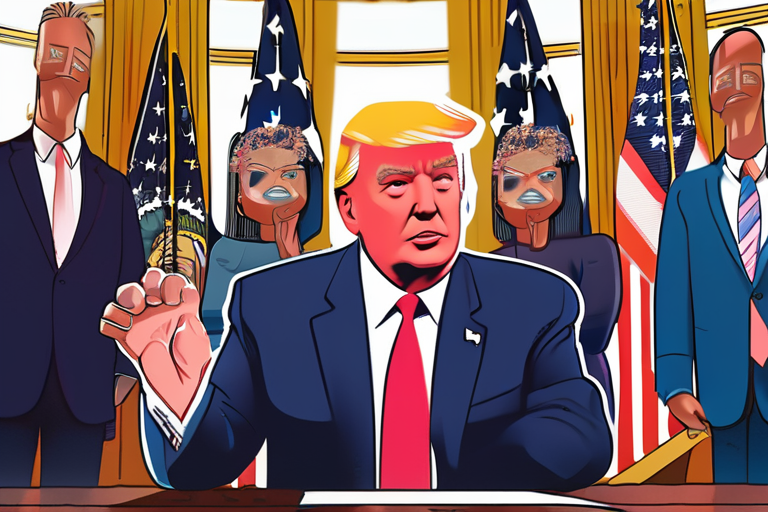
 Hoppi
Hoppi
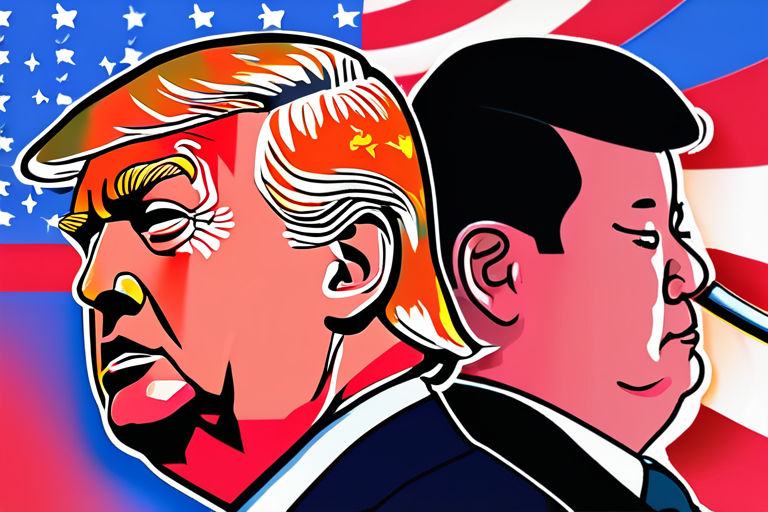
 Hoppi
Hoppi

President Trump Approves Deal to Avert TikTok Ban, But Questions Remain In a move that has sparked both relief and …

Hoppi

The TikTok Deal: How Trump's Plan to Give the App to His Friends Could Change the Social Media Landscape Imagine …

Hoppi

The TikTok Tango: A Dance of Deal-Making and Diplomacy In a move that's left the tech world buzzing, President Donald …

Hoppi

US President Donald Trump signed an executive order on Thursday to transfer ownership of TikTok's US operations to a group …

Hoppi

Trump Signs Order Clearing Way for Takeover of U.S. Version of TikTok In a move that has significant implications for …

Hoppi

Breaking News: Trump Expected to Sign TikTok Deal Today President Donald Trump is expected to sign an executive order today, …

Hoppi